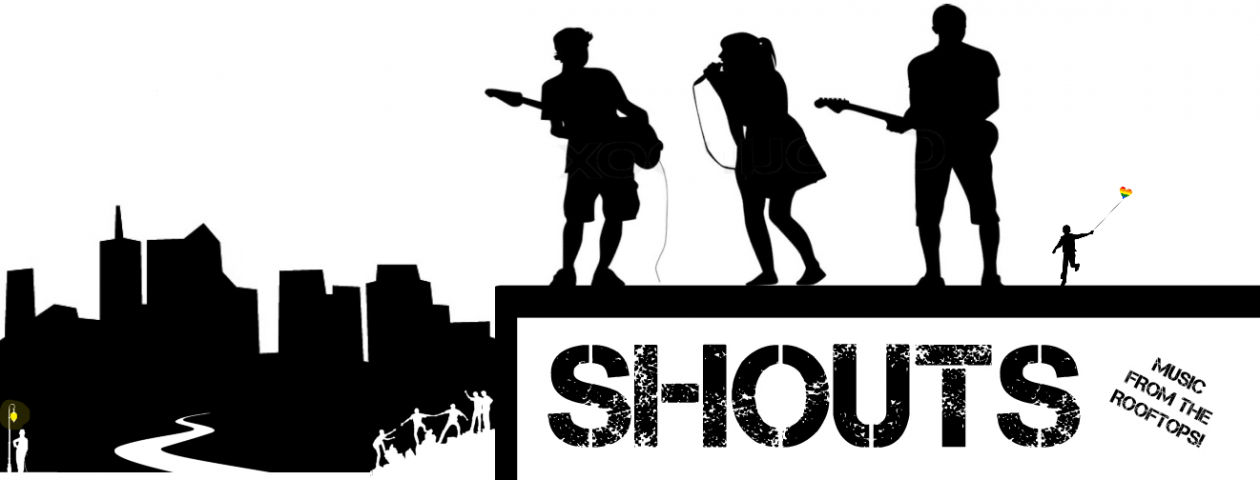The well known rapper has regularly used his creative talents to voice his concerns about his oppressive government

Salehi was essentially convicted of “corruption on Earth” after speaking publicly about the death of Mahsa Amini, his government’s oppression of his people and his song lyrics about poverty, executions and killing of protesters.
The Isfahan Revolutionary Court added further penalties to Salehi’s case which included forbidding him pursuing artistic activities.
In a post by Hillel Neuer, Executive Director of the UN Watch, he shares a statement by human rights ambassadors from all across Europe in which they wrote: “Toomaj Salehi is one of the many powerful voices supporting the peaceful protests following Zhina Mahsa Amini’s death and demanding freedom and rights for women and girls in Iran.”
Via Amnesty International’s page you can sign your name and send a letter to the Iranian Supreme Leader Ali Khamenei, urging the Iranian government “that his execution sentence, his prison sentence, and his artist ban all be voided, and that he be immediately and unconditionally released, as he is detained solely for the peaceful exercise of his human rights including his right to freedom of expression.”





